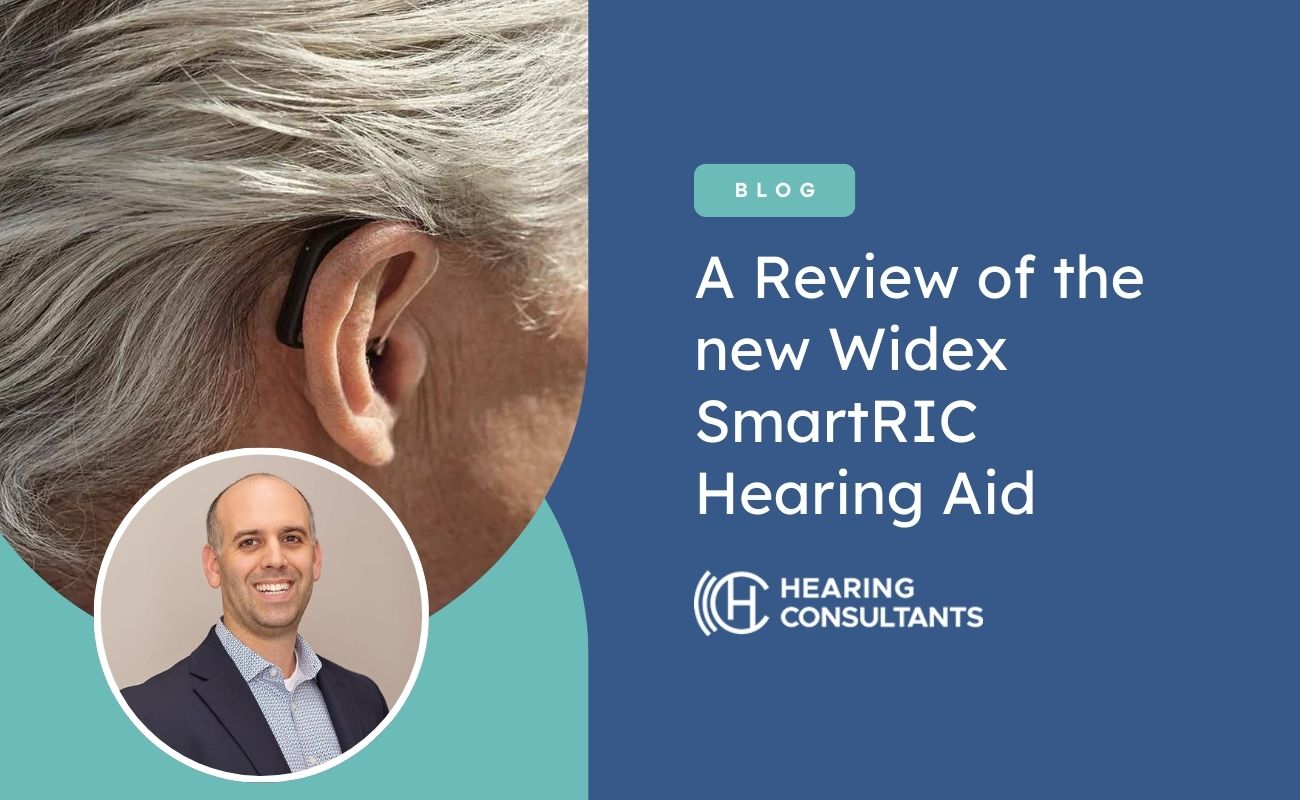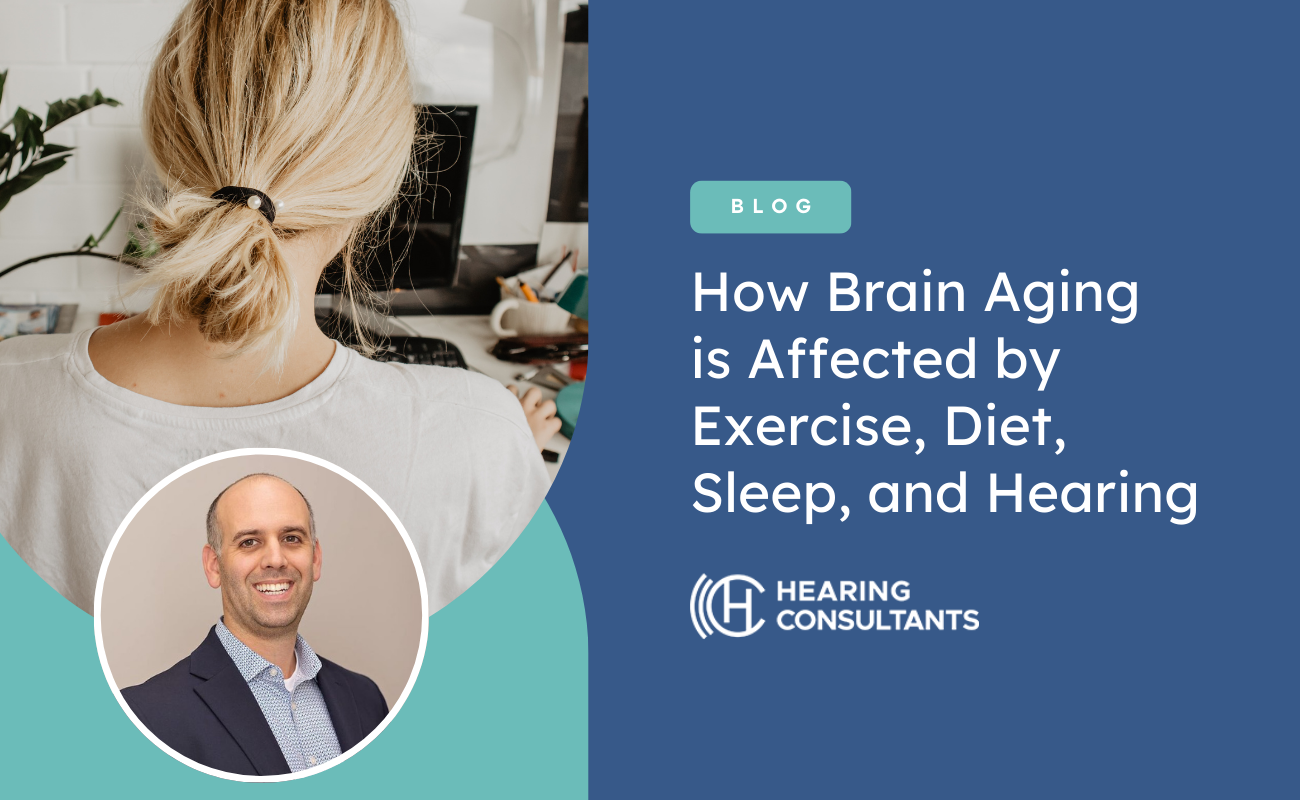The Causes of Acquired Hearing Loss
There are three types of hearing loss: sensorineural, conductive, and mixed. Accounting for 90% of all cases of hearing loss, sensorineural hearing loss is categorized as acquired or congenital.
Acquired: refers to hearing loss that is developed after a person is born and typically later in life.
Congenital: is far less common, and refers to hearing loss that occurs during fetal development. Causes include maternal diabetes, lack of oxygen, and infectious diseases.
Acquired hearing loss is the most common type of hearing impairment that people experience. It is the result of damage in the inner ear which plays a crucial role in how we hear. The inner ear is filled with thousands of hair cells, fluid, and nerve pathways that lead to the brain. These hair cells help translate sound waves into electrical signals for the brain to process which is how we are able to make sense of what we hear. Unlike other types of cells, hair cells in the inner ear do not regenerate; meaning that we are born with all of the hair cells we will ever have. This also means that any damage is permanent and results in acquired hearing loss.
Causes
There are several factors that can contribute to the development of acquired hearing loss including:
- Aging: known as presbycusis, age-related hearing loss is the third most common chronic health condition that older adults experience. As one ages, the risk of impaired hearing increases. According to the National Institute on Deafness and Other Communication Disorders:
- 25% of adults ages 65 to 74 have hearing loss
- 50% of adults ages 75 and older have disabling hearing loss
This type of hearing loss can be caused by structural changes to the ear, changes in blood flow, and existing medical conditions.
- Exposure to Loud Noise: generally referred to as noise-induced hearing loss, this is caused by absorbing increased levels of noise which damage the hair cells in the inner ear. Sound is measured in decibels and noise above 85 decibels is potentially harmful to our hearing. High levels of sound can be absorbed at concerts, sporting events, workplaces, listening to music, etc. According to the Hearing Health Foundation:
- 30 million people in the U.S. are exposed to hazardous noise levels.
- Nearly 50% of people aged 12-35 years could be exposed to unsafe noise from personal listening devices, and 40% in this age group could be exposed to potentially damaging levels of sound at entertainment venues.
- Physical Trauma: damage to the ear can also be caused by physical injury and/or acoustic trauma. Injuries to the head area, exposure to one-time loud noises (explosion for example) can cause hearing loss. This is an increased risk for athletes and people in the military.
- Existing Medical Conditions: there are various conditions that can contribute to hearing loss such as hypertension, obesity, cardiovascular disease, viral infections, and diabetes. These conditions impact blood flow, inflammation, nerves etc. which are critical to the auditory system.
Another cause is medications and chemicals that are damaging to hearing health. Acquired hearing loss is a permanent condition that has a range of symptoms.
Symptoms
Acquired hearing loss reduces one’s ability to hear and process sound. Specifically, this type of hearing loss impacts the volume and clarity of sounds. People often find:
- Quieter sounds are too quiet to hear but loud sounds are too loud to hear
- Reduced ability to hear high-pitched sounds
- Difficulty hearing especially in environments with background noise
- Increasing volume on electronic devices
These symptoms make it challenging to distinguish words and follow an entire conversation. If left untreated, symptoms can worsen, deepening the impairment as well as increasing your risk of other health concerns.
Treatment
Fortunately, there are effective ways hearing loss is treated. The first step is to schedule an appointment with a hearing healthcare specialist to have your hearing assessed. Hearing tests are a noninvasive way to identify any impairment, the degree, and specific type of hearing loss you may be experiencing.
The most common treatment for hearing loss is hearing aids which are small, electronic devices designed to absorb, amplify, and process sound. This increases one’s ability to hear and can drastically improve the quality of your life!
Get in touch with
Hearing Consultants
Contact our clinic to schedule an appointment today!







